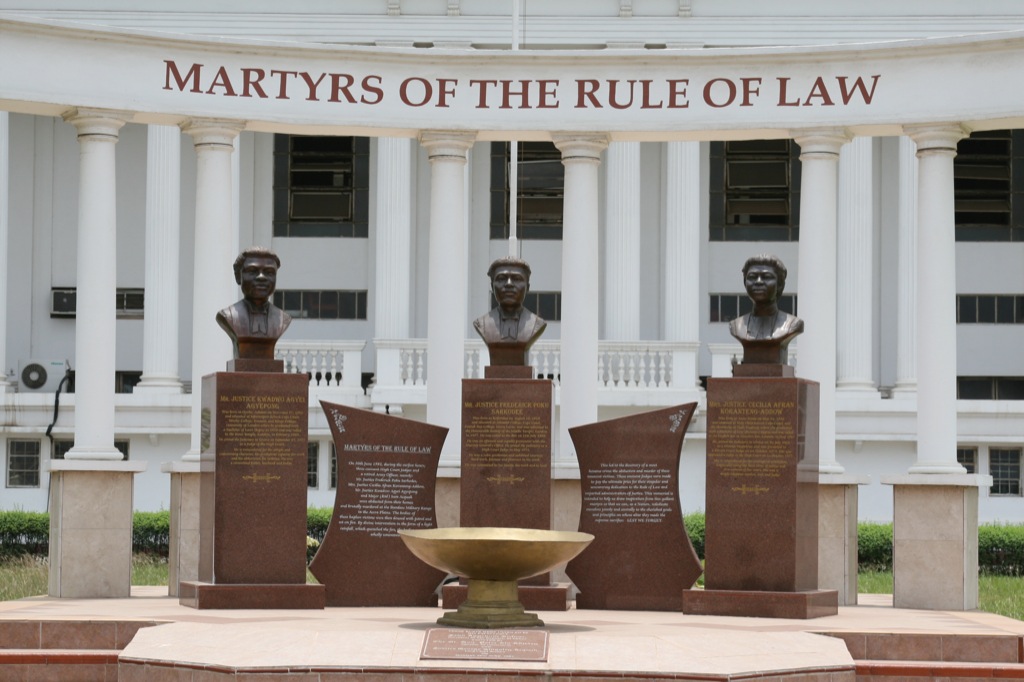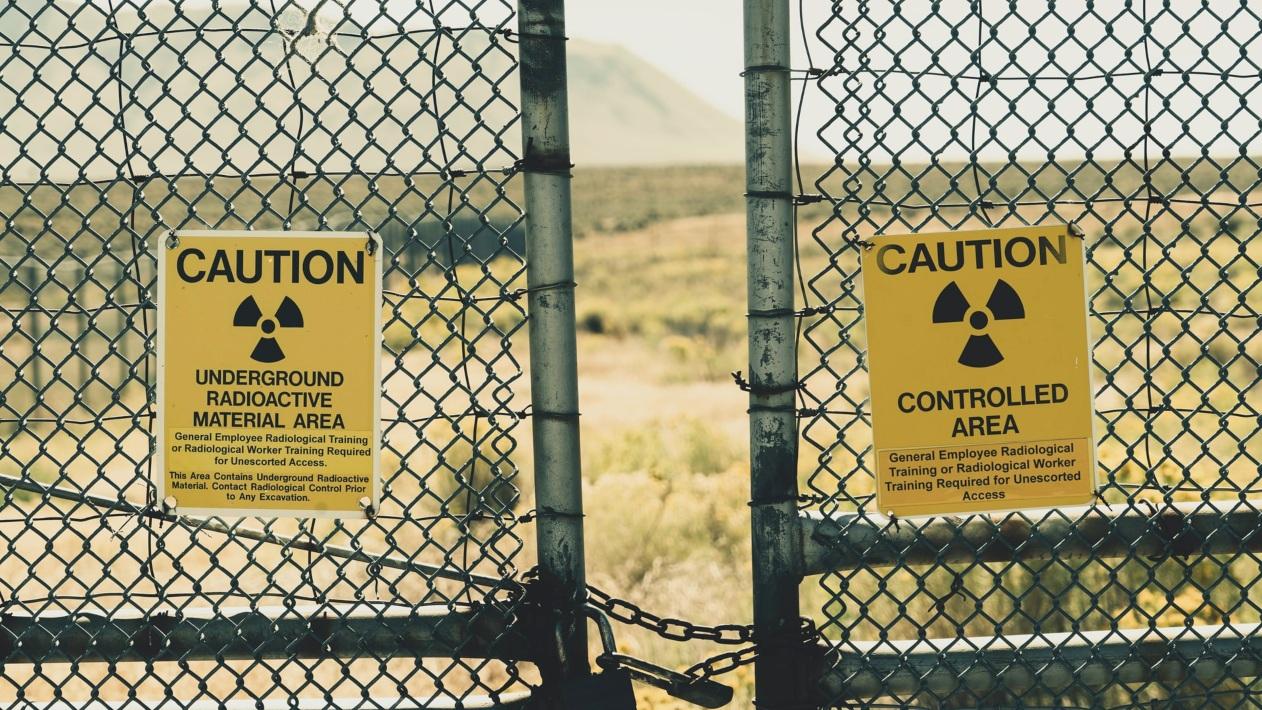The coronation of King Charles III has raised important conversations about the monarchy’s relevance and legacy in today’s society. This is particularly true amongst members nations previously colonised into Britain’s extensive empire. Despite the appearance of a transition to a calm confederation of Commonwealth nations, the end of the empire was often bloody, and the spoils of imperialism will be on show at the coronation, writes Bethany Rebisz.
As Britain gears up for the celebration of King Charles III’s coronation, many across the world are questioning the future of the monarchy and its place in society. To many people, the former Queen was a symbol that harked back to Britain’s time playing a leading role in the global community. Charles has his work cut out reinventing the royal family’s relevance. It was evident, upon the death of Elizabeth II, that the monarchy is also an institution with an enduring legacy of British colonial rule. Some publicly mourned her passing. Others reignited critical conversations about the royal family, the history of empire, and the future of the Commonwealth.
The remains of Britain’s rapidly decolonised empire now sit under the Commonwealth’s new ceremonial head, King Charles. You needn’t look far to see the royal family’s connection to Britain’s imperial past. During the coronation, Charles is set to wear the ‘Imperial State Crown’. Initially made for the coronation of King George VI in 1937, it features a cut from the largest diamond ever found, nicknamed the ‘Second Star of Africa’. Mined in South Africa, the diamond has been the focus of wider calls for the royal family to acknowledge and ‘take responsibility’ for the institution’s role as head of the British Empire. A jewel with a similar history, the Koh-i-Noor diamond won’t be in use but remains in the royal collection in the Tower of London.
Recognition of the historical trauma caused in the name of the monarchy is necessary to help heal the wounds of empire. The Museum of British Colonialism (MBC) has worked hard to redress the public myths perpetuated about the realities of British rule around the world. While there remains a noticeable silence from the monarchy on calls to recognise the harm and atrocities caused by colonialism, MBC seeks to platform global conversations about the suppressed legacies of Britain’s empire.
The scandal
Kenya is a prime example of the myth that Britain had a controlled end to its empire. Britain’s departure from the country was brutal, bloody, and any evidence of its misdemeanours was actively buried.
Kenya had once been the crown jewel of Britain’s empire. A ‘happy valley’ for European settlers. A fertile heartland for agricultural production. A favoured holiday spot for members of the royal family. All at the cost of Kenyans.
On the day the former Queen learned of her father George VI’s death, Elizabeth was staying at Treetops Hotel, in the foothills of Mount Kenya. While this may have been a beautiful spot for royalty to escape to, Elizabeth stood at the epicentre of what would become the bloodiest suppression of African liberation in the history of the British Empire. As Elizabeth learned of her new position as monarch, her army and colonial service were setting the foundations of their brutal campaign to contain, incarcerate, and execute members of the Mau Mau rebellions who challenged British colonial rule in Kenya.
Between 1952 and 1959, British colonial forces detained 80,000 Kenyans without trial, hanged over 1,000 and forcibly resettled 1.2 million into fortified camps, described by the British as ‘villages’. Whilst the figures may speak for themselves, they do not reveal the individual experiences of violence, torture, sexual violence, and mistreatment that were perpetuated within this punitive environment. For decades, Kenyans fought for these stories to be heard. But it was only acknowledged in the British parliament in 2013.
Britain’s Colonial Office worked hard to bury the details of this conflict from ever coming to light. Britain was deeply concerned about maintaining its reputation and the reputation of those operating its colony of Kenya. The High Court case of 2011 changed everything. The case brought by four veterans of this anti-colonial movement, the Mau Mau, put the British Empire on trial and resulted in the British government acknowledging the atrocities committed in Kenya during the 1950s and paying out £19.9 million in compensation. This case also revealed how Britain had made a deliberate attempt to ‘edit, sanitize and censor the archival record’, by destroying or secretly removing evidence of these events.
Any evidence that could ‘embarrass Her Majesty’s Government’ was secretly removed from Kenya in 1961 and remained secretly enclosed until the forced release of these files following the High Court case.
Moving forward
While Britain sought to bury evidence relating to its brutal regime in colonial Kenya, the visibility of Britain’s imperial past there is undeniable. Part of MBC’s work to redress this historical narrative has been to map, document, and preserve the sites of detention where these atrocities were committed. This project stands to honour those impacted by the colonial era and generate further conversations about the legacies of Britain’s colonial rule.
While King Charles recently offered a statement of ‘sorrow‘ to members of the Commonwealth regarding the monarchy’s role in the transatlantic slave trade, little comment has been made about the imperial foundations of his family’s lineage and acquired wealth. Given the visibility of Britain’s imperialism being quite literally on the head of the new monarch during his coronation, one wonders what message this sends to those in the Commonwealth: One of acknowledgement, or of denial?
Photo credit: UK Parliament used with permission CC BY-NC 2.0





